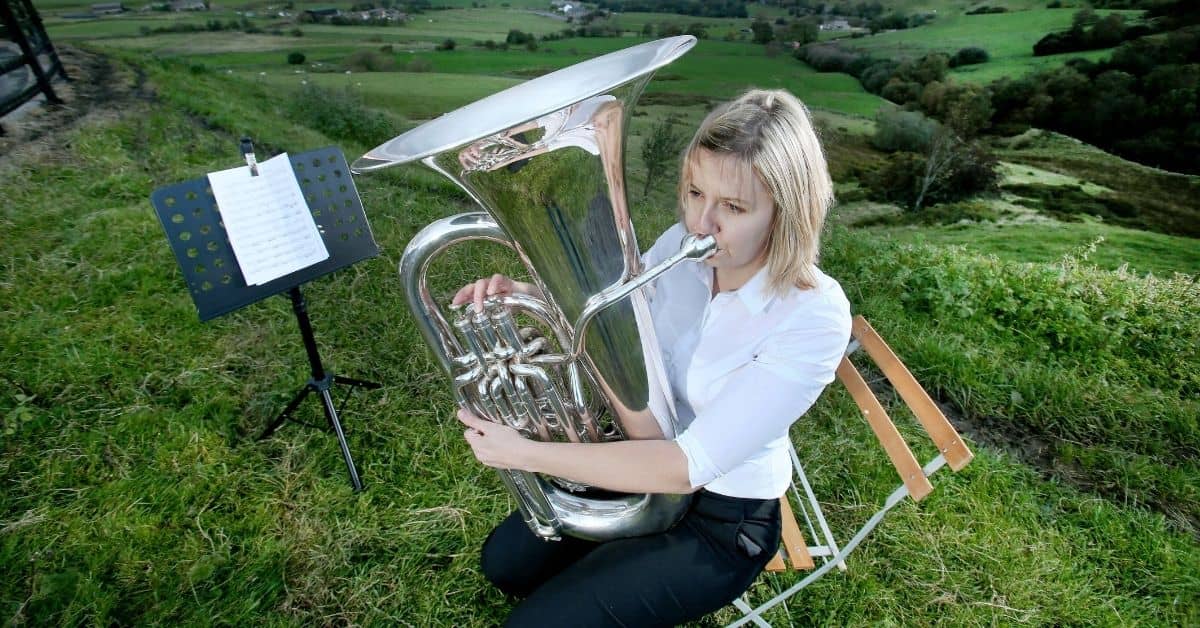Last year, the BBE Equality, Diversity and Inclusion working group asked just that, conducting a survey to gather the positive and negative experiences of those identifying as female in the world of banding.
107 survey responses were received in which questions on women’s experiences of banding and their opportunities were answered. On this page you'll find the full facts and fit. In all cases when women are referred to, we equally include those identifying as female.
Women in banding - the facts and figures
107 women responded to the survey
Q. Do you think that women have the same opportunities to reach higher levels of playing, banding, roles, or positions in banding as men, and if not, what might be the obstacles?
In answer to this question 32 women, or 38%, said yes, women have the same opportunities as men.
37 women felt sexism still exists in banding.
12 women said that women have the same opportunities as men when it comes to playing, but not when it comes to conducting, adjudicating or other positions of power.
3 people said the situation is better in higher ranking bands but
5 said it was better in lower ranking and community bands.
Q. What type of experiences have you encountered that have detracted from your positive experience of banding as a woman?
31 women (32%) said they had no negative experiences. Just as many however reported sexual harassment from verbal to physical and 48 reported other kinds of bias against women.
6 women cited instrument choice as being a gendered issue.
Q. How has being pregnant or being a mother affected your position in the band? (if relevant)
48 women responded to this question. Many more left it out.
10 people said that their bands had been very helpful although 13 said that parenthood had meant they had to take time off banding.
Most said parenthood was not a problem although 9 said that childcare was an issue and 7 said they had lost their seat or knew someone who had lost their seat after becoming a parent.
Q. What might be the keys to women's success in banding?
16 said success is purely down to playing ability while 30 claimed it’s about being determined, working hard and fitting in and 7 cited confidence as a major requirement. However, 36 women called for a better understanding of equality and 13 called for support and mentorship for women.
1 person referenced the prevalence of and silence around sex offenders in banding.
Q. Please share your positive experiences, linked specifically to being a woman in a band
26 women cited friendships as being the most positive thing they have in banding. Many respondents said there were no issues related to gender at all, while 12 qualified it as having no problems even though they were female.
6 said they felt treated as well as men, with a tone of defiance.
9 said being female had helped them in some way, to get help or solos or attention in the band.
3 said they had found husbands in the band.
5 cited the benefit that young people were able to relate to them as a mother figure.
1 person said that being female meant they could be the safeguarding officer for the band.
How can I get involved?
Register for the Brass Bands England newsletter to be notified when new events and initiatives are announced.
Are you a women in banding? Share your thoughts on the survey with us, along with your successes and challenges on the hashtag #WomenInBanding.
